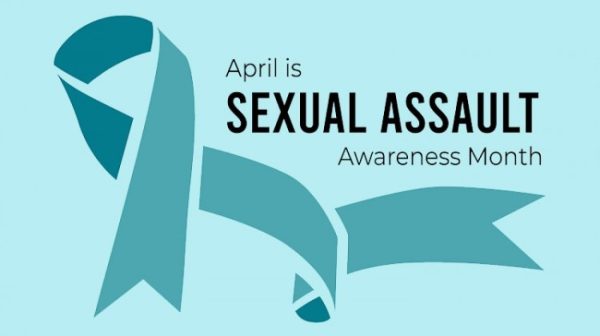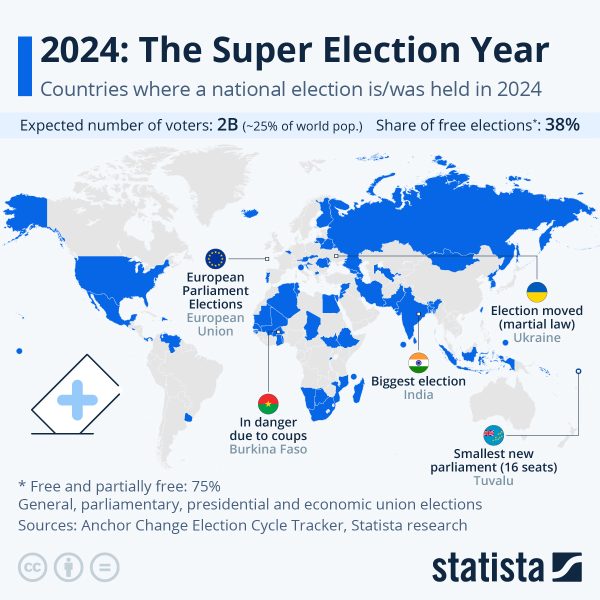Zoos must take responsibility for the knowledge of the public on the conditions of these animals so everyone is able to make an informed decision about their next trip to the zoo. Everyone can keep secrets but when it comes to animals rights, everything needs to be transparent. “People for the Ethical Treatment of Animals (PETA) is a leader in the anti-zoo movement. One large organization called”PETA is firmly opposed to keeping wild animals in captivity,” Lisa Wathne, the group’s exotic animal specialist, told Current Events. “There are some animals, such as tigers and elephants, which roam large areas in the wild, that should never be held captive. Since 1990, there have been at least 220 incidents in 40 states involving big cats.” (Current Events) yet do we hear about any of these tragic incidents? No, because they are kept hidden from the public. This is extremely unethical. If zoos would find ways to stop these events from occurring, zoos would be a better place to house endangered species. Zoos are taking animals from other countries such as Africa and bringing them to a new and unfamiliar place with a totally different way of life along with climate. They must make them comfortable with this new change. This begs the thought that “If animals can’t live safely in their wild homes, we want to make sure they thrive in human care, and we want to partner with other researchers, governments, businesses, and nonprofits to tackle conservation comprehensively. Saving species is an evolving and ongoing commitment. That’s why zoos are not only ethical–they’re critical.”(The New York Times Upfront) Zoos are very important to our world and the future of many species, but we just have to make sure that ethical guidelines are being examined.
Looking back at all of the research, zoos can make an immense impact on the future of species as long as they follow certain ethical standards and understand the needs of animals living in them. Zoos have to realize they are responsible for the well being of the animals inside and the information that the public is made aware of with the conditions of the animals within the zoos. No one will ever really know what occurs behind the scenes within a zoo, but there is still hope for a change of what we do know. Zoos can strive with help along the way from conservationists, biologists, and researchers giving them the advice and support that they bargain for. As long as zoos do not exploit animals for profit, they can bring back the hope that animal conservation can change biodiversity and the way our planet is today. Help save the animals now!








